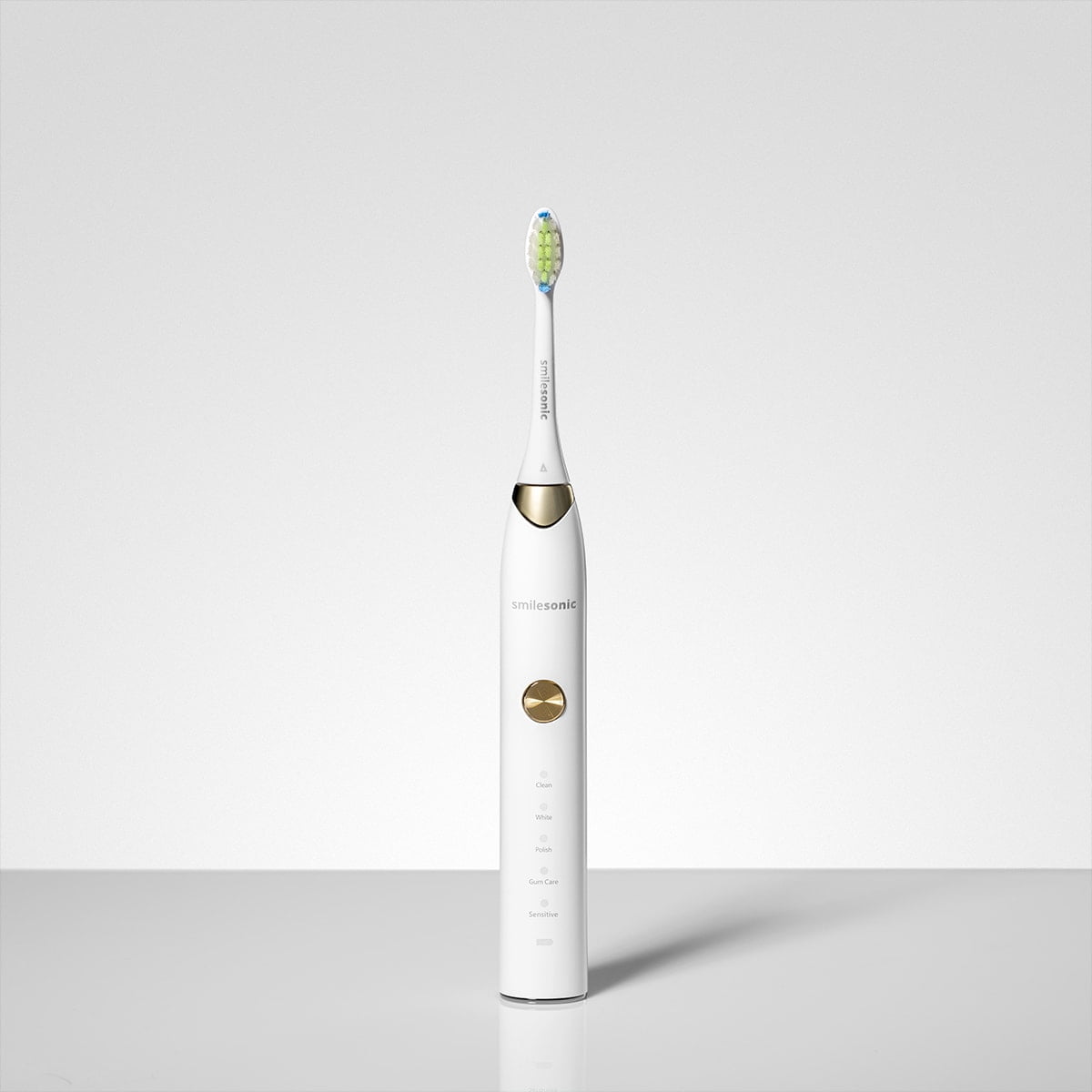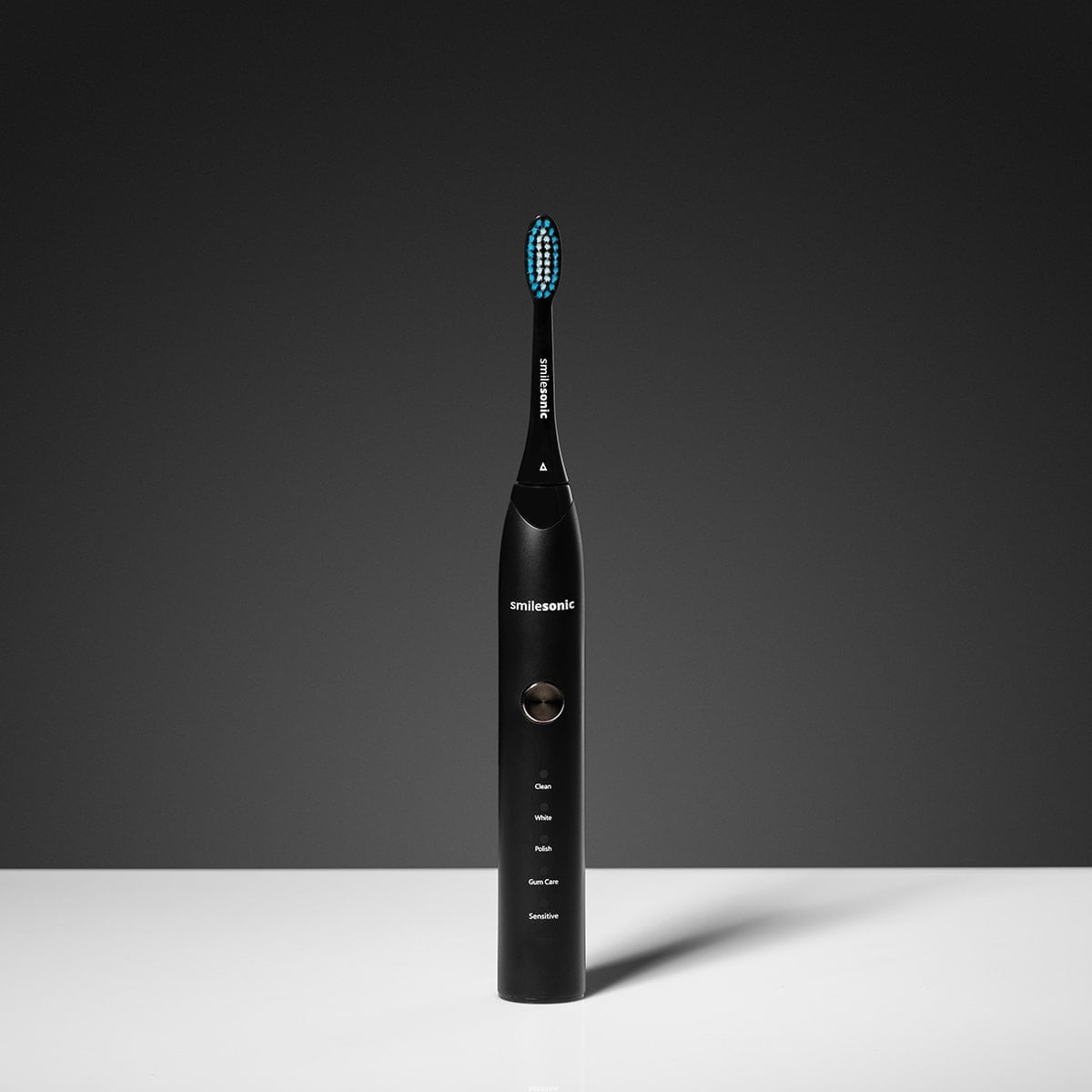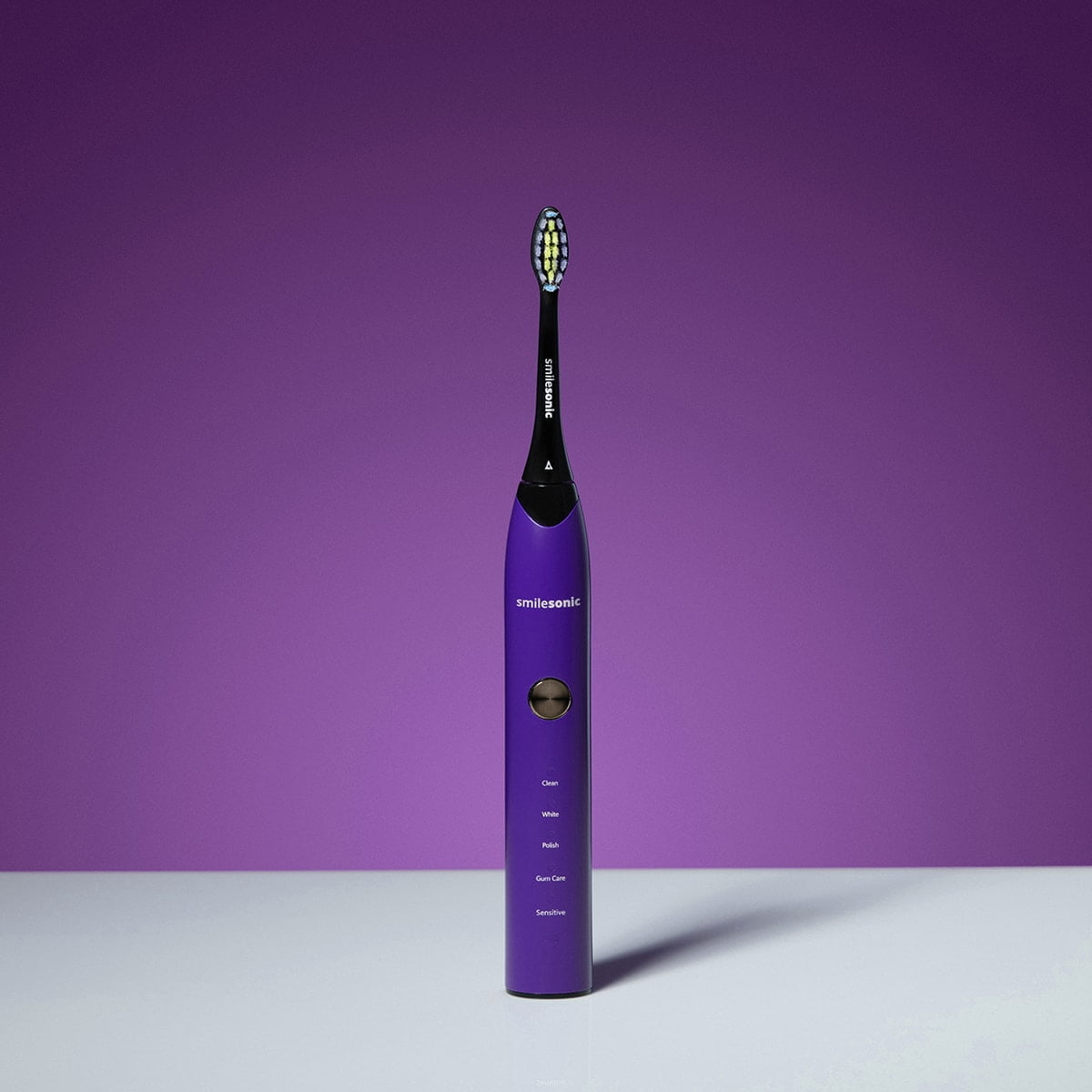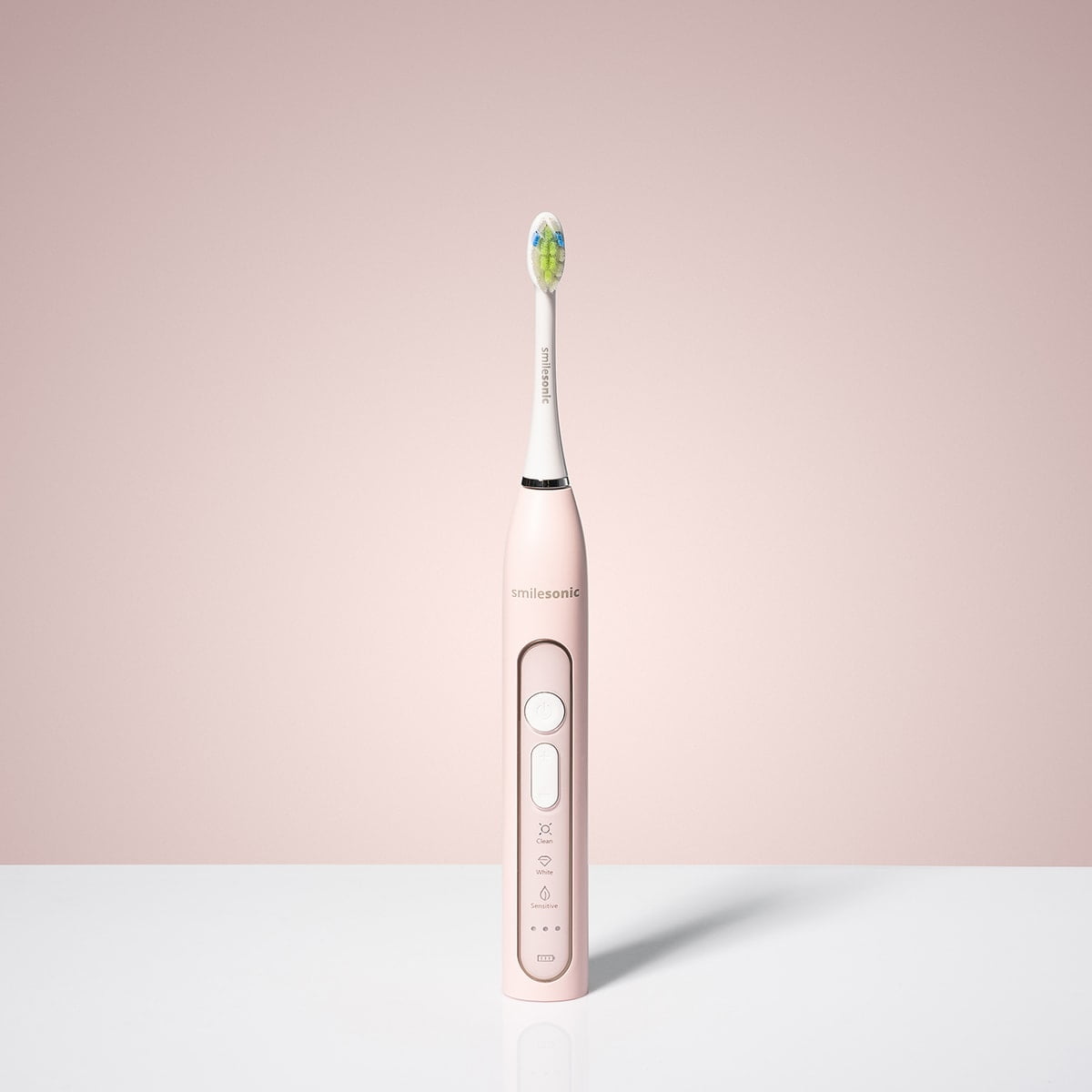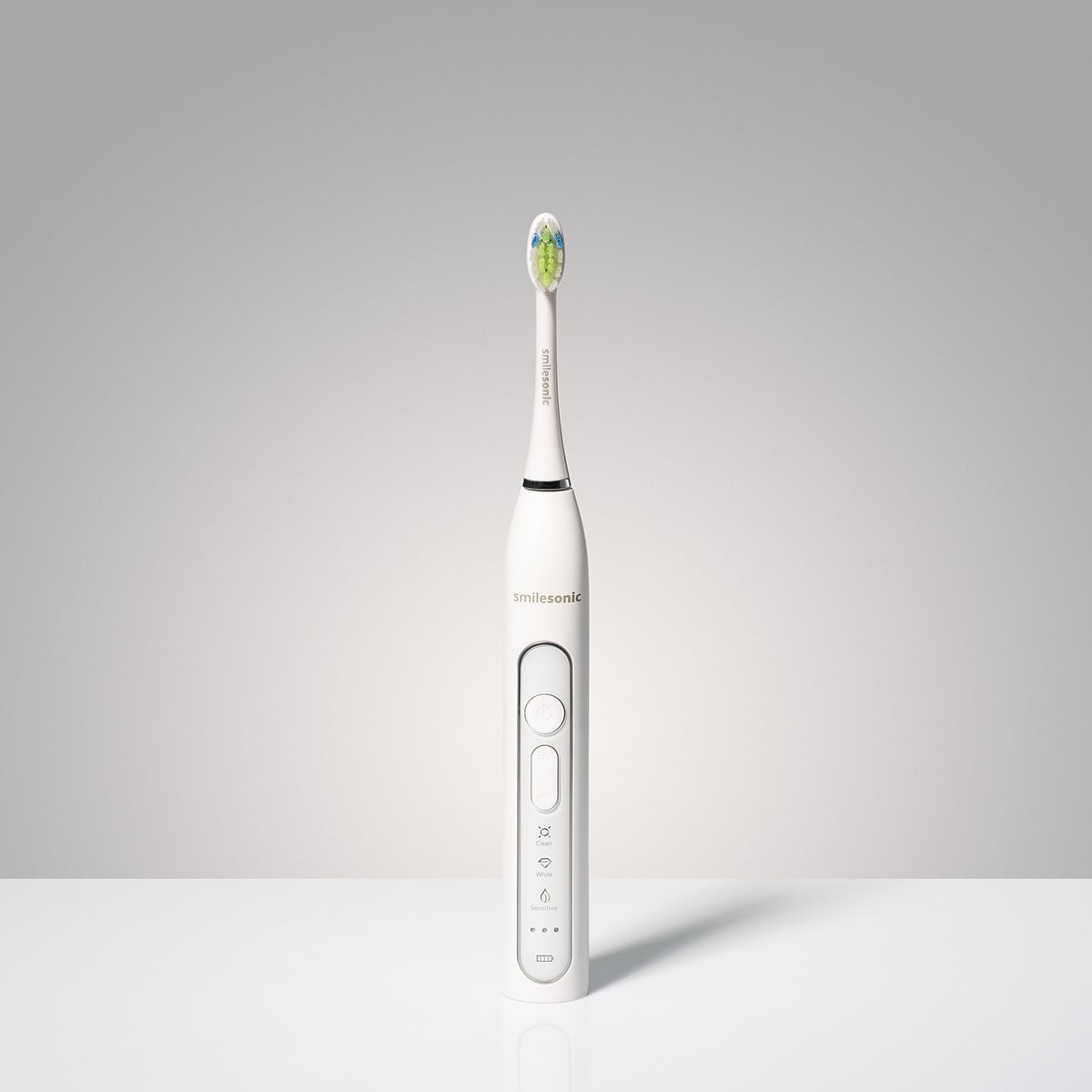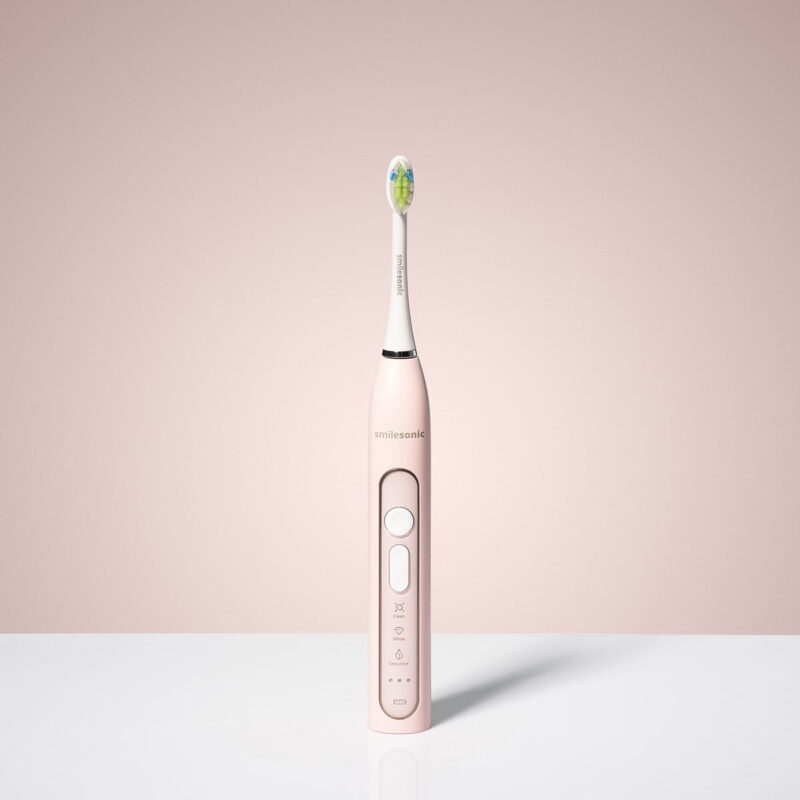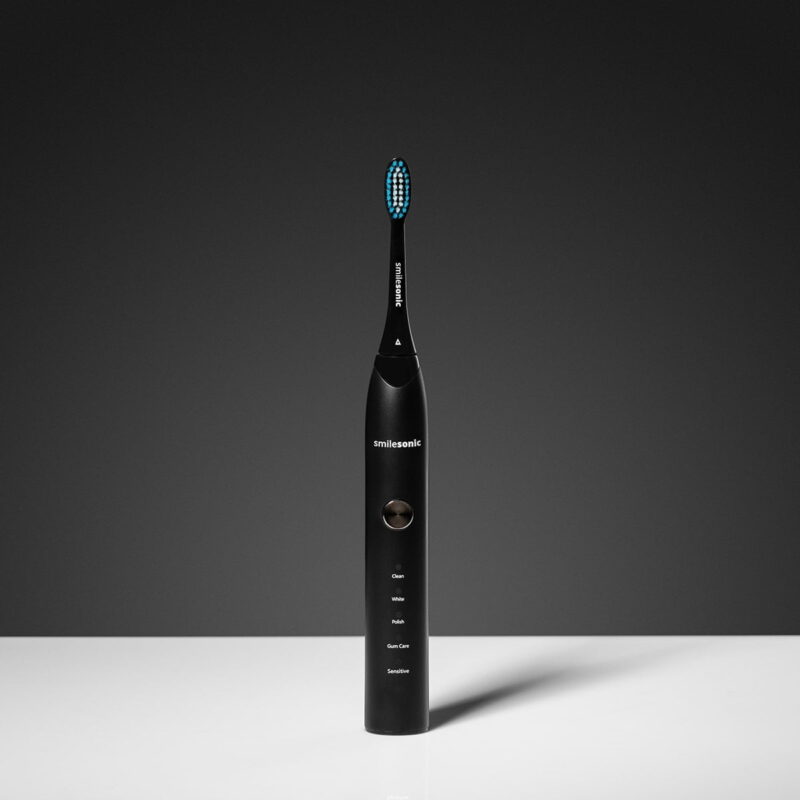Everything you should know about bad breath
Halitosis is a problem that, according to conservative estimates, up to 30% of the population may be struggling with. So, as you can see, it is a very common ailment. Its source usually lies in improper oral hygiene. People who irregularly and inconsiderately brush their teeth, neglect interdental care or forget to clean their tongue are particularly exposed to the problem of bad breath. But not only. In today’s text, you will learn what else can lead to halitosis and how to effectively deal with this problem.
Bad breath and poor oral hygiene
Most of the time, we ourselves are the cause of bad breath by not paying enough attention to our daily oral hygiene. The most common mistakes we make are
- brushing teeth too short and not thoroughly,
- brushing with an improper technique,
- brushing teeth too infrequently,
- not cleaning the interdental spaces,
- neglecting the care of the tongue.
As a result of all these neglects, volatile sulfur compounds, food debris and plaque begin to accumulate in the oral cavity. All these harmful deposits are the direct cause of bad breath. Not to mention that they often lead to tooth decay and periodontal disease.
Other causes of halitosis formation
However, improper oral hygiene is not the only cause of halitosis formation. This troublesome condition may also occur as a result of using dentures or braces. The hard-to-reach areas around these fillings are difficult to reach with a toothbrush or dental floss, which is why bacteria that cause bad breath thrive there. Other common causes of halitosis include:
- diabetes,
- kidney disease and thyroid disease,
- infections of the sinuses, throat or tonsils,
- dry mouth,
- improper eating habits (drinking large amounts of alcohol, smoking, starving oneself),
- taking certain medications (mainly antidepressants, painkillers and diuretics).
How to recognize halitosis?
Recognizing halitosis itself is not difficult, because this affliction gives us symptoms in the form of an unpleasant odor released from the mouth. So, in order to determine whether you suffer from halitosis, it is enough to perform the so-called “smell test”. This can be done, for example, by inhaling the smell of the toothbrush we use to brush our teeth, or by touching the back of our tongue with our fingers and then checking their smell.
Those who would like to professionally check the quality of their breath can do so with a halimeter. This is a device that resembles a breathalyzer in appearance and operation. All you have to do is blow air into it and it will give you a clear indication of how much undesirable volatile sulfur compounds are in your breath.
Four effective ways to fight bad breath
It’s time to get down to the nitty-gritty of this text, which is answering the question of how you can effectively fight halitosis. We guess that most of you have read this text because you have recognized this problem and you are looking for a way to get rid of it effectively. There are four ways that you can greatly reduce your risk of developing bad breath, and when it does occur, you can fight it effectively.
- Brush your teeth properly. By “properly,” we mean brushing your teeth at least twice a day. Each time you brush your teeth it should take about two minutes and cover all four parts of your teeth (you should spend about 30 seconds on each of them). Smilesonic sonic toothbrushes can help with the proper brushing technique and timing – these devices clean your mouth automatically using the sweeping motion recommended by dentists, and they also have timers installed to make it easier to brush for the recommended amount of time.
- Interdental care. Brushing your teeth is not enough. Many of the bacteria that cause bad breath also reside in hard-to-reach areas of the mouth. So be sure to supplement your oral care with interdental cleaning using dental floss or a dental irrigator.
- Cleaning your tongue. According to experts, the tongue is where most of the bacteria that causes bad breath accumulate. Every time you brush your teeth and clean your interdental spaces with dental floss or an irrigator, grab a special tongue scraper and remove all the harmful buildup from your tongue.
- Regular visits to the dentist. Not all problems can be spotted in time on your own. You should visit your dentist at least twice a year to make sure there is nothing wrong with your mouth.

